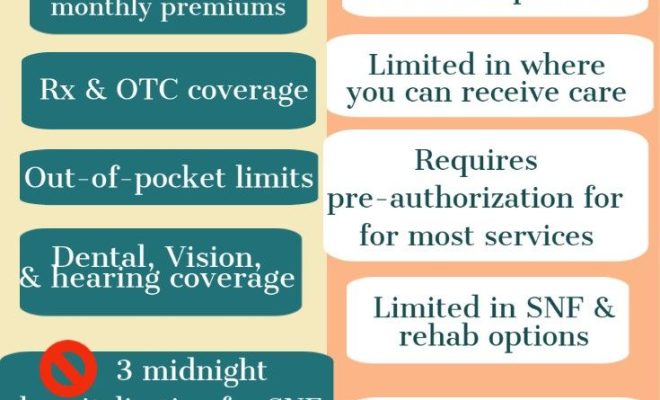6 Ways Your Sleep Habits Are Sabotaging Your Happiness

In today’s fast-paced world, sleep often takes a back seat to other priorities. What many don’t realize, however, is that poor sleep habits can significantly hinder one’s happiness. Here are six ways that your sleep patterns could be undermining your overall sense of well-being:
1.Increased Stress and Anxiety – Lack of adequate sleep can heighten stress levels and exacerbate anxiety. When you’re not giving your body enough rest, it’s more difficult to manage the challenges of daily life with composure.
2.Impaired Cognitive Function – Sleep plays a critical role in cognitive processes such as problem-solving, memory, and judgment. Without sufficient sleep, you might find it harder to concentrate or make decisions, leading to frustration and decreased productivity.
3.Emotional Instability – Studies have shown that poor sleep can lead to heightened emotional reactivity. This might manifest as mood swings or an inability to control one’s temper, straining both personal and professional relationships.
4.Diminished Physical Health – Over time, poor sleep can contribute to a range of health issues like obesity, diabetes, and cardiovascular disease — conditions that can make it difficult to enjoy life fully.
5.Reduced Energy Levels- A lack of restorative sleep commonly results in low energy levels throughout the day, impairing your ability to engage in activities you enjoy or tackle new experiences with enthusiasm.
6.Lowered Libido – A decrease in sleep quantity and quality has been linked to reduced libido and less interest in sexual activity. This can affect intimate relationships and lead to further unhappiness.
Understanding how these six aspects of poor sleep affect happiness is the first step towards making positive changes for better rest and improved quality of life. Prioritizing good sleep hygiene could be a transformative strategy for enhancing your happiness and overall health.




